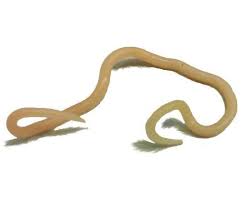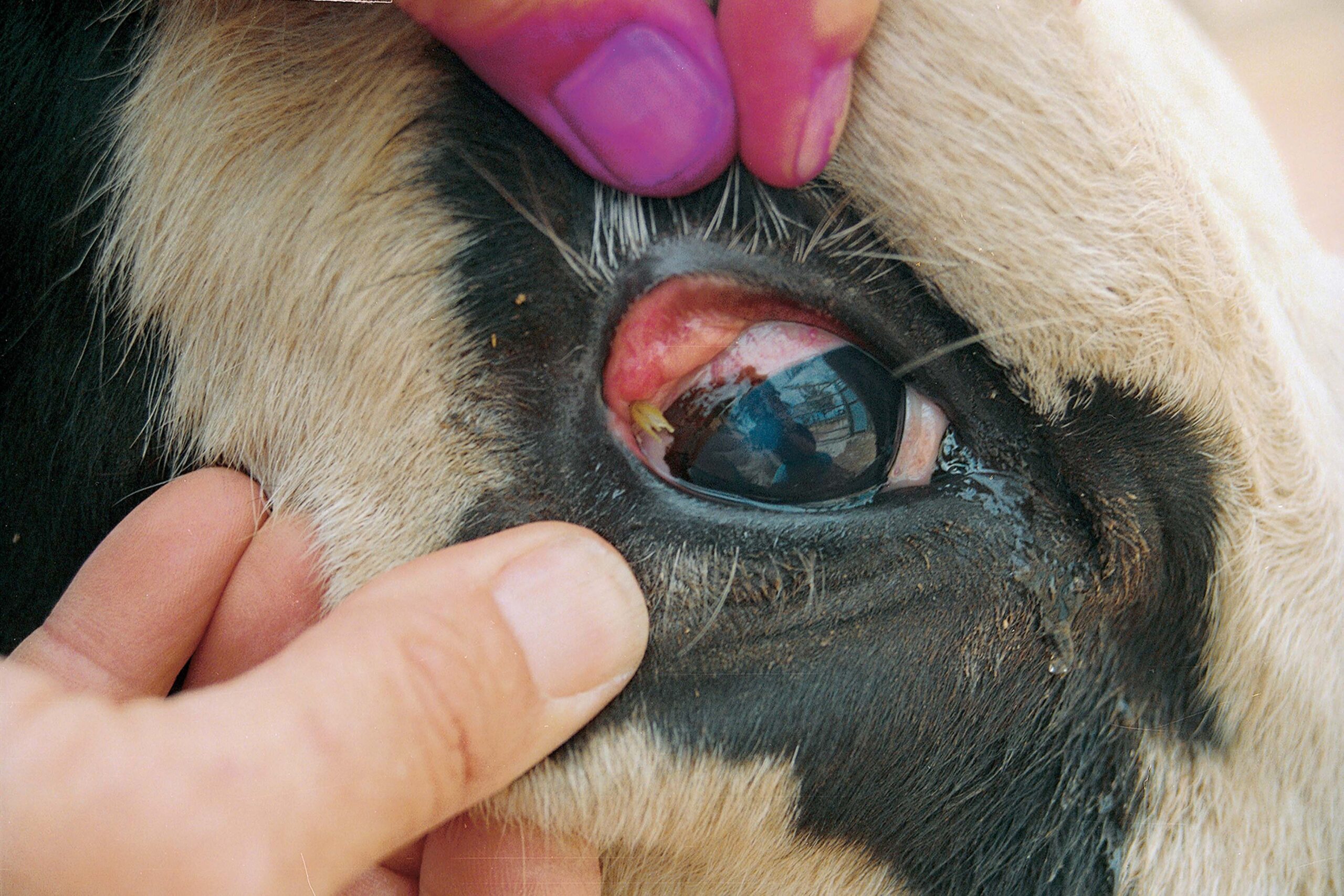
Introduction
Like most mammals and birds, Chickens are also prone to worms as they can pick up a variety of different parasites, both external and internal. These parasites can interfere with feed absorption, weight gain, egg production and, in severe cases can lead to death.
Among all, the large roundworm, Ascaridia galli is the most common internal parasite found in the backyard and free-range chicken flock worldwide.
Roundworms, also called ascarids, are the most common intestinal parasite found in poultry.

The life cycle of roundworms is relatively simple and may take as little as 35 days to complete.
Damage
Roundworms in chickens infest the gut, they do damage in several ways. Burrowing larva does the most damage because they destroy tissues that the bird needs for the absorption of nutrients. This damage from burrowing can also cause hemorrhaging (bleeding) leading to anemia.
An adult A. galli absorbs nutrients directly from the gut, buying legal testosterone cypionate online effectively stealing food from the bird and causing nutritional deficiencies and emaciation. If the infestation is severe, there may even be intestinal blockage due to a large quantity of worms.
Signs and symptoms
- Undigested feed in feces
- Reduced appetite
- Atrophy of breast muscle and decreased body fat
- Decreased growth/weight loss
- Diarrhea with increased white urates
- Pale comb/wattles
- Delayed crop emptying
- Reduced number of droppings
- Worms found in feces or egg
Diagnosis and Control
Diagnosis is based on necropsy of suspect birds and finding significant numbers of worms along with damage to the intestinal mucosal lining and loss of body condition. Fecal sample examination and finding a large number of ascarid eggs in unthrifty chickens is also suggestive of infestation.


Image showing round worm (Arrow Mark) in the intestine of poultry bird
The only approved drug for the treatment of roundworms in poultry is Piperazine which acts as a GABA agonist. Piperazine compounds mediate their anthelmintic action by paralyzing parasites. Nuru massage, often mistakenly called “nuro massage”, originates from Kawasaki, Japan. The word “Nuru” means “slippery, smooth” in Japanese. During a session, your body will be covered with Nuru gel, a adult Asian massage nyc Our skilled therapists will apply the gel to your entire body, creating sensations aimed at melting away tension. Say goodbye to stress and indulge in the sweet release that Nuru massage provides. Affected parasites are then expelled from their predilection sites by normal enteric movements.

Navjot Singh Resum
Veterinarian, Poonch, J&K
185101





























